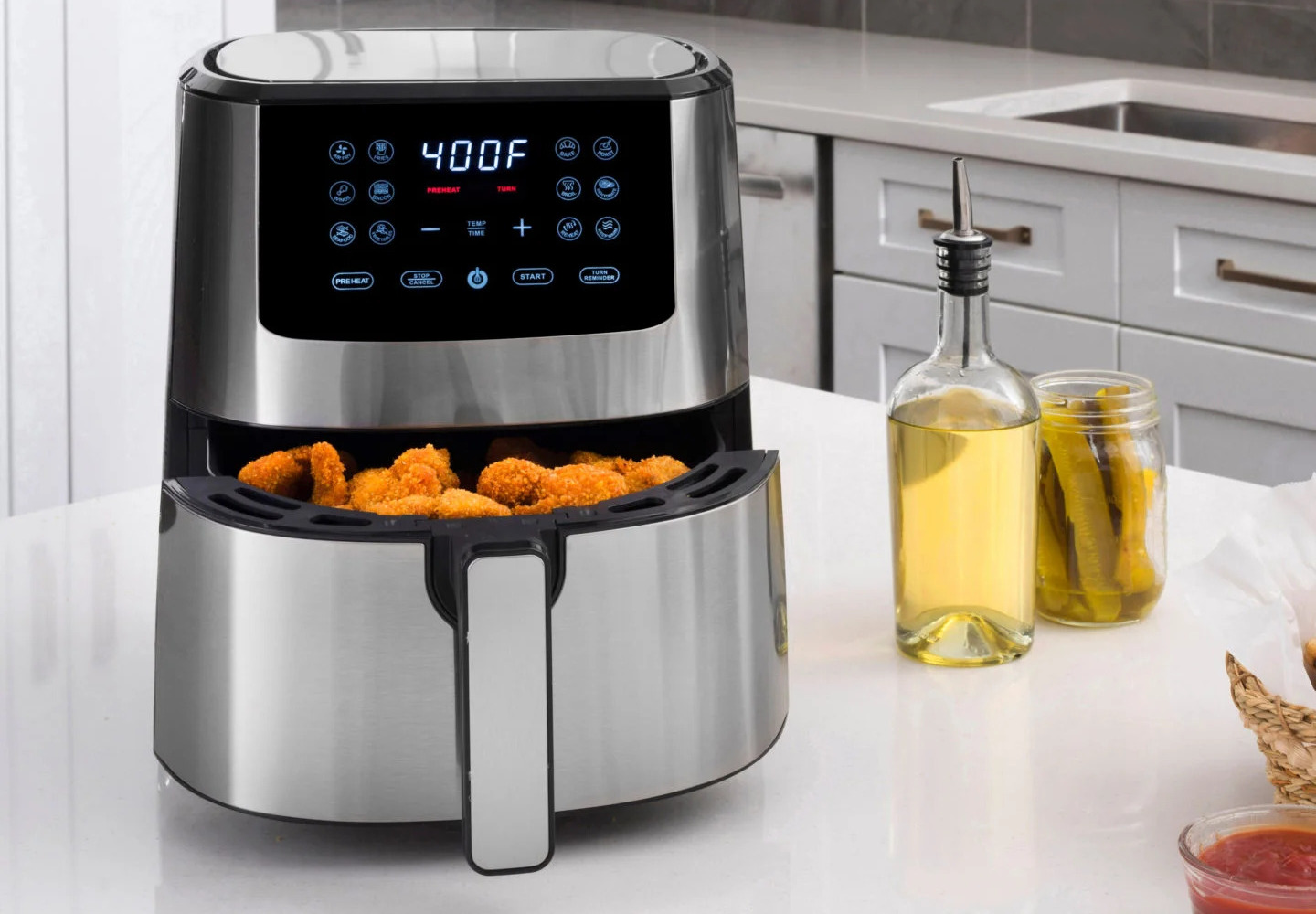

Articles
What Oil To Use In Air Fryer
Modified: January 19, 2024
Discover the best articles on what oil to use in your air fryer. Get expert tips and insights on choosing the perfect oil for healthier and delicious results.
(Many of the links in this article redirect to a specific reviewed product. Your purchase of these products through affiliate links helps to generate commission for Storables.com, at no extra cost. Learn more)
Introduction
With the growing popularity of air fryers, many people are turning to these versatile kitchen appliances to enjoy their favorite crispy and delicious dishes with less oil. Air fryers use hot air circulation to cook food, mimicking the results achieved by deep frying but with a fraction of the oil. However, it’s important to note that using the right oil in your air fryer plays a crucial role in achieving the desired taste and texture of your dishes.
In this article, we will explore the different types of oil you can use in an air fryer, the importance of choosing the right oil, and some useful tips for using oil properly in your air frying adventures.
Understanding how air fryers work is key to understanding the significance of using the right oil. Unlike traditional frying methods that submerge food in oil, air fryers rely on hot air circulation to cook your food. This efficient cooking method can reduce the amount of oil needed by up to 80%, making air frying a healthier alternative.
However, despite the reduced oil consumption, the choice of oil can greatly impact the taste, texture, and overall quality of the food you make in an air fryer. Using the wrong oil or using too much oil can result in greasy and unappetizing dishes. On the other hand, using the right oil allows your food to achieve that crispy and golden finish without compromising on flavor.
So, what are the different types of oils that work best in an air fryer? As you’ll soon discover, some oils are more suitable for air frying due to their smoke point, flavor profile, and health benefits.
When choosing the right oil for your air fryer, there are a few factors to consider. First and foremost, you’ll want to select an oil with a high smoke point. The smoke point refers to the temperature at which an oil starts to break down and emit smoke. Oils with high smoke points are more stable at high temperatures, making them ideal for air frying.
The smoke point of various oils can vary greatly. For example, extra virgin olive oil has a lower smoke point compared to oils like avocado oil or peanut oil. While olive oil is a popular choice for cooking, it may not be the best option for air frying due to its lower smoke point. However, there are other alternatives that offer similar health benefits without compromising the taste of your dishes.
In the next section, we will explore some of the best oils to use in an air fryer to achieve that perfect texture and flavor. Additionally, we’ll discuss some oils that should be avoided due to their low smoke point or potential health risks.
Whether you’re a seasoned air fryer enthusiast or just starting to explore this cooking method, understanding the importance of using the right oil is essential for creating mouthwatering dishes that will impress your friends and family. So, let’s dive into the world of air fryer oils and uncover the secrets to achieving the best results!
Key Takeaways:
- Choosing the right oil, such as canola, peanut, or avocado oil, is crucial for achieving crispy, flavorful results in your air fryer. Consider smoke points, flavor profiles, and health benefits when selecting the perfect oil.
- Applying oil sparingly, preheating the air fryer, and using high smoke point oils like canola and avocado oil are essential for creating delicious, crispy dishes with minimal oil usage. Experiment with different oils to elevate your air frying experience.
Read more: What Oil To Use In Deep Fryer
Understanding Air Fryers
Air fryers have gained immense popularity in recent years, revolutionizing the way we cook our favorite fried foods. But what exactly is an air fryer, and how does it work?
Simply put, an air fryer is a compact kitchen appliance that uses hot air circulation to cook food. It utilizes a powerful fan and heating element to rapidly circulate hot air around the food, creating a crispy exterior while maintaining a moist interior.
This unique cooking method mimics the results achieved by deep frying with a fraction of the oil. Instead of submerging the food in a bath of hot oil, air fryers require only a small amount of oil or sometimes none at all. This not only makes air frying a healthier cooking option but also reduces the greasiness typically associated with deep frying.
How does an air fryer achieve that crispy texture without drowning the food in oil? It’s all about the rapid air circulation. The hot air created by the heating element is rapidly distributed by the fan, surrounding the food from all angles. This causes the moisture on the food’s surface to evaporate quickly, resulting in a crispy and golden brown exterior. The circulating air also ensures even cooking, so you don’t have to worry about turning the food halfway through the cooking process.
In addition to frying, air fryers can also bake, roast, grill, and even reheat food. Some models come with additional features such as dehydrating or toasting functions, making them versatile tools in the kitchen.
One of the advantages of cooking with an air fryer is its speed. Air fryers preheat quickly and cook food faster than traditional ovens. This is especially beneficial for those who lead busy lives and don’t have a lot of time to spend in the kitchen. From crispy french fries to juicy chicken wings, you can enjoy your favorite dishes in a fraction of the time.
Another advantage of air fryers is their compact size. They take up much less space than conventional ovens and deep fryers, making them a great option for those with limited counter space or small kitchens. Additionally, their easy-to-clean features, such as removable non-stick baskets, make them a convenient choice for everyday use.
While air fryers offer numerous benefits, it’s important to note that not all foods are suitable for air frying. Delicate foods like fish or thinly sliced vegetables may not fare well in an air fryer, as the powerful air circulation can sometimes blow them around or lead to uneven cooking. However, with some experimentation and adjustments to cooking times and temperatures, you can still achieve great results with a wide variety of foods.
Now that you have a better understanding of what air fryers are and how they work, let’s delve into the importance of using the right oil in an air fryer for optimal results.
Importance of Using the Right Oil in an Air Fryer
When it comes to air frying, the choice of oil plays a crucial role in achieving delicious and crispy results. Using the right oil not only enhances the flavor and texture of your dishes but also ensures the longevity and performance of your air fryer. Here’s why using the right oil is so important:
1. Texture and Crispiness: The type of oil you use greatly affects the texture and crispiness of your air-fried food. Certain oils, like those with a higher smoke point and a neutral flavor profile, are best suited for achieving a crispy, golden-brown exterior. These oils help create that satisfying crunch that we often associate with deep-fried foods.
2. Flavour Enhancement: The right oil can enhance the flavors of your ingredients and complement the overall taste of your dishes. Different oils have distinct flavor profiles that can either enhance or overpower the natural flavors of your food. For example, using extra virgin olive oil adds a rich and fruity taste to your dishes, while sesame oil imparts a nutty flavor that works well in Asian-inspired recipes.
3. Smoke Point: The smoke point of an oil is the temperature at which it begins to break down and release smoke. When an oil reaches its smoke point, it can produce acrid, unpleasant flavors and release harmful compounds. Using an oil with a smoke point that exceeds the cooking temperature of your air fryer is essential to avoid any undesirable outcomes. Oils with higher smoke points, such as avocado oil and refined peanut oil, are ideal for air frying as they can withstand the high cooking temperatures.
4. Health Considerations: While air frying is generally considered a healthier alternative to deep frying, the choice of oil can further enhance its health benefits. Opting for oils that are high in monounsaturated or polyunsaturated fats, such as avocado oil or sunflower oil, can be beneficial for heart health. These oils are also rich in essential fatty acids that contribute to a well-balanced diet.
5. Maintenance of the Air Fryer: Using the appropriate oil helps keep your air fryer in optimum condition. Certain oils can leave behind sticky residue or create a buildup on the interior surfaces of the appliance, which can affect its performance and lifespan. Choosing an oil that is less prone to buildup can make cleaning and maintaining your air fryer easier in the long run.
By taking these factors into consideration and using the right oil, you can ensure that your air-fried dishes not only taste amazing but also have the desired texture and health benefits. In the next sections, we will explore the different types of oils that are suitable for air frying and provide some guidelines on choosing the best oil for your needs.
Different Types of Oil for Air Frying
When it comes to choosing the right oil for air frying, there are a variety of options to consider. Each type of oil has its own unique characteristics, including smoke point, flavor profile, and health benefits. Here are some of the most common oils used for air frying:
1. Canola Oil: Canola oil is a popular choice for air frying due to its high smoke point and relatively neutral flavor. It is a versatile and widely available oil that works well for a variety of dishes. Canola oil is low in saturated fat and contains omega-3 fatty acids, making it a healthier option compared to some other oils.
2. Vegetable Oil: Vegetable oil is another commonly used oil for air frying. It has a high smoke point, allowing for high-temperature cooking without the risk of producing smoke or off-flavors. However, it is important to note that “vegetable oil” can be a blend of different oils, so it’s worth checking the label to ensure the oil is suitable for air frying.
3. Peanut Oil: Peanut oil is known for its high smoke point and distinct flavor. It is commonly used in Asian cuisine and adds a rich, nutty taste to dishes. Peanut oil is also a good source of monounsaturated fats and vitamin E, making it a healthier option compared to oils high in saturated fats.
4. Avocado Oil: Avocado oil is gaining popularity for its high smoke point and numerous health benefits. It is rich in monounsaturated fats, which can be beneficial for heart health. Avocado oil has a mild flavor, making it versatile for various types of cuisines. It is also a great source of antioxidants and vitamin E.
5. Olive Oil: While olive oil is commonly used in cooking, it may not be the best choice for air frying due to its lower smoke point. Extra virgin olive oil, in particular, has a lower smoke point and a strong flavor that can overpower the taste of your dishes. However, refined olive oil or light olive oil can be used for air frying as they have higher smoke points.
6. Coconut Oil: Coconut oil has become popular in recent years for its potential health benefits and unique flavor. While it may solidify at room temperature, coconut oil can be used for air frying. However, it is important to note that it has a relatively low smoke point, so it is best reserved for lower-temperature cooking.
These are just a few examples of the types of oils commonly used for air frying. Other options, such as sesame oil, walnut oil, or grapeseed oil, can also be used depending on the flavor profiles you desire for your dishes.
When choosing an oil for air frying, it is important to consider the smoke point, flavor, and health benefits of each oil. Experimenting with different oils can help you find the perfect match for your favorite air-fried recipes, ensuring that you achieve delicious and crispy results every time.
Considerations When Choosing the Right Oil
When it comes to choosing the right oil for air frying, there are several factors to consider. These considerations can help you select an oil that not only enhances the flavor and texture of your dishes but also aligns with your health preferences. Here are some important considerations to keep in mind:
1. Smoke Point: The smoke point of an oil is the temperature at which it begins to break down and emit unpleasant flavors and potentially harmful compounds. It is crucial to select an oil with a smoke point higher than the cooking temperature of your air fryer. Using an oil with a low smoke point can result in off-flavors and potentially harmful smoke. Oils like canola, vegetable, peanut, and avocado oil have higher smoke points, making them suitable options for air frying.
2. Flavor Profile: The flavor profile of the oil can greatly influence the taste of your air-fried dishes. Some oils, like olive oil or sesame oil, have distinct flavors that can enhance certain types of cuisine. Consider the impact of the oil’s flavor when choosing one for your air fryer. If you prefer a more neutral flavor, options like canola oil or vegetable oil may be more suitable.
3. Health Considerations: Taking your health into account when choosing an oil is important. Different oils have varying levels of saturated fats and unsaturated fats, which can affect heart health. Oils that are higher in monounsaturated or polyunsaturated fats, such as avocado oil or sunflower oil, are generally considered healthier options. Additionally, consider the nutritional benefits of the oil, such as vitamin E content or omega-3 fatty acids, when making your decision.
4. Cooking Versatility: Consider the versatility of the oil for other cooking methods as well. If you plan to use the oil for other culinary purposes besides air frying, it’s beneficial to select an oil that can be used for various cooking techniques like sautéing, baking, or grilling. This way, you can make the most of your oil and have it serve multiple purposes in your kitchen.
5. Availability and Cost: Lastly, consider the availability and cost of the oil. Some specialty oils or oils with unique flavors may be more difficult to find or pricier. It’s important to choose an oil that fits within your budget and is readily accessible to you.
By considering these factors when choosing the right oil for air frying, you can ensure that it not only enhances the taste and texture of your dishes but also aligns with your health goals and culinary preferences. Experiment with different oils to find the perfect fit for your air fryer recipes and enjoy delicious, crispy results every time.
When using an air fryer, it’s best to use oils with high smoke points such as avocado, grapeseed, or peanut oil. These oils can withstand the high heat of the air fryer without burning or producing a strong flavor.
Read more: What Oil Does A Ryobi Pressure Washer Use
Smoke Point of Various Oils
Understanding the smoke point of different oils is essential when it comes to air frying and high-temperature cooking methods. The smoke point refers to the temperature at which an oil starts to break down and emits smoke. Cooking with an oil beyond its smoke point can result in unpleasant flavors, the release of harmful compounds, and potential health risks. Here are the approximate smoke points of various oils commonly used in cooking:
- Extra Virgin Olive Oil: 325-375°F (163-191°C)
- Virgin Olive Oil: 390-410°F (199-210°C)
- Refined Olive Oil: 410-430°F (210-221°C)
- Canola Oil: 400-450°F (204-232°C)
- Peanut Oil: 440-450°F (227-232°C)
- Sunflower Oil: 440-450°F (227-232°C)
- Avocado Oil: 450°F (232°C)
- Soybean Oil: 450-490°F (232-254°C)
- Grapeseed Oil: 420-445°F (216-229°C)
- Sesame Oil: 410-450°F (210-232°C)
- Coconut Oil (Refined): 400-450°F (204-232°C)
- Butter: 350-375°F (177-191°C)
As you can see, oils with higher smoke points, such as avocado oil, peanut oil, and refined olive oil, are more suitable for high-temperature cooking like air frying. These oils can withstand the heat without breaking down or producing unwanted smoke and flavors. On the other hand, oils with lower smoke points, such as extra virgin olive oil or coconut oil, are better suited for low to medium-heat cooking methods.
It’s important to note that these are approximate smoke points, and they can vary depending on factors such as the quality and refinement of the oil. It’s always a good idea to refer to the specific oil’s packaging or manufacturer’s guidelines for accurate smoke point information.
By selecting an oil with a smoke point that exceeds the temperature range of your air fryer, you can ensure that your cooking process remains safe, and your dishes come out flavorful and perfectly cooked without any unpleasant flavors or health risks.
Next, let’s move on to discuss some of the best oils to use in an air fryer for optimal results.
Best Oils to Use in an Air Fryer
Choosing the right oil for your air fryer is crucial to achieve crispy, flavorful results. While personal preferences may vary, certain oils are known to work exceptionally well in air frying due to their high smoke points, flavor profiles, and health benefits. Here are some of the best oils to use in an air fryer:
1. Canola Oil: Canola oil is a popular choice for air frying due to its high smoke point of around 400-450°F (204-232°C). It has a neutral flavor, allowing the natural flavors of your ingredients to shine through. Canola oil is also low in saturated fat and contains omega-3 fatty acids, making it a heart-healthy option.
2. Avocado Oil: Avocado oil has a high smoke point of around 450°F (232°C), making it ideal for air frying at high temperatures. It has a mild flavor that won’t overpower your dishes. Besides its high heat tolerance, avocado oil is also rich in monounsaturated fats and vitamin E, offering potential health benefits.
3. Peanut Oil: With a smoke point of approximately 440-450°F (227-232°C), peanut oil is another excellent choice for air frying. It lends a delicious nutty flavor to dishes and creates a crispy texture. Peanut oil is also a good source of monounsaturated fats and vitamin E.
4. Sunflower Oil: Sunflower oil is known for its high smoke point of about 440-450°F (227-232°C). It has a mild flavor that won’t overpower your food. Sunflower oil is rich in vitamin E and low in saturated fat, making it a healthier option for air frying.
5. Grapeseed Oil: Grapeseed oil has a smoke point of around 420-445°F (216-229°C), making it a suitable choice for air frying. It has a neutral flavor and a light texture. Grapeseed oil is also rich in vitamin E and contains omega-6 fatty acids.
While these oils are well-suited for air frying, it’s important to consider personal taste preferences and any dietary restrictions or allergies when selecting an oil. Some oils, such as sesame oil or walnut oil, can also be used in moderation to add a distinctive flavor to specific dishes.
When using these oils in your air fryer, it’s important to apply a thin and even layer of oil to your ingredients. Excessive oil can lead to a greasy finished product and may affect the overall texture. Additionally, always refer to your air fryer’s manual for specific guidelines on oil usage.
By selecting the right oil for your air fryer, you can enjoy perfectly cooked, crispy dishes with the desired flavors and textures. Experiment with different oils to find your favorites and elevate your air frying experience.
Avoiding Certain Oils in an Air Fryer
While there are many oils that work well in an air fryer, there are several oils that should be avoided due to their low smoke points, distinctive flavors, or potential health risks. Here are some oils to avoid when air frying:
1. Extra Virgin Olive Oil: Extra virgin olive oil has a lower smoke point compared to other oils, typically ranging from 325-375°F (163-191°C). The delicate flavor of extra virgin olive oil can also become overpowering when exposed to high heat. It is best to reserve extra virgin olive oil for low to medium-heat cooking and use other oils with higher smoke points for air frying.
2. Sesame Oil: While sesame oil is widely used in Asian cuisines for its distinctive nutty flavor, it has a low smoke point of around 410-450°F (210-232°C). The flavor of sesame oil can become bitter when exposed to high heat, making it unsuitable for air frying. It is best used as a finishing oil or in salad dressings.
3. Unrefined Coconut Oil: Unrefined coconut oil, often labeled as virgin or extra virgin, has a relatively low smoke point of around 350°F (177°C). It may not be the best choice for air frying at high temperatures. Refined coconut oil, on the other hand, has a higher smoke point and can be used in moderation for air frying if desired.
4. Butter: While butter adds a rich and creamy flavor to dishes, it has a low smoke point of around 350-375°F (177-191°C). This makes it unsuitable for air frying at high temperatures. However, butter can be used in certain air frying recipes that require lower cooking temperatures or for added flavor after the air frying process.
5. Flaxseed Oil and Walnut Oil: Flaxseed oil and walnut oil are nutritious oils with unique flavors, but they have low smoke points and can easily become rancid when exposed to heat. These oils are best used in cold applications, such as salad dressings or drizzled over finished dishes.
When air frying, it is important to choose oils with higher smoke points to ensure optimal cooking results and avoid unpleasant flavors or smoke. Opt for oils like canola, peanut, avocado, or sunflower oil with higher smoke points that can withstand the high temperatures of air frying.
Remember to always check the specific smoke point and recommended usage of oils before air frying. It’s also advisable to refer to the manufacturer’s guidelines for your air fryer to ensure optimal cooking temperatures and oil usage.
By avoiding oils with low smoke points or overpowering flavors in your air fryer, you can maintain the integrity of your dishes and enjoy the best possible results.
Tips for Using Oil in an Air Fryer
Using oil in an air fryer is an important element of achieving crispy, flavorful results. Here are some useful tips to help you make the most of oil when cooking with an air fryer:
1. Apply Oil Sparingly: While oil is necessary to help achieve that desirable crispiness, it’s important not to overdo it. Applying too much oil can result in greasy and soggy food. Instead, use a spray bottle or an oil mister to apply a thin and even layer of oil to your ingredients. This will still help promote browning and prevent sticking without excessive oiliness.
2. Coat the Food Evenly: Ensure that the oil is evenly distributed over the food. Toss or gently mix the ingredients in a bowl with the oil before placing them in the air fryer basket. This ensures that each piece of food receives a consistent coating of oil, leading to even cooking and browning.
3. Preheat the Air Fryer: Preheating the air fryer for a few minutes before adding the food can help create a better cooking environment. This allows the hot air to circulate evenly right from the start, promoting crispiness. Preheating can also prevent food from sticking to the basket.
4. Use Hi
Read more: What Kind Of Oil For Ryobi Chainsaw
Conclusion
Air fryers have become a popular kitchen appliance for those who want to enjoy crispy and delicious dishes with less oil. Choosing the right oil for your air fryer is fundamental in achieving optimal results and enhancing the taste and texture of your food.
Throughout this article, we have discussed the importance of using the right oil, the different types of oil suitable for air frying, considerations when choosing an oil, the smoke points of various oils, and the best oils to use in an air fryer. We have also highlighted oils to avoid and provided some tips for using oil effectively in an air fryer.
When selecting oil for air frying, it’s crucial to consider the smoke point, flavor profile, and health benefits of different oils. Oils with high smoke points, such as canola oil, peanut oil, avocado oil, and sunflower oil, are well-suited for air frying at high temperatures. These oils can promote crispiness and maintain their integrity without emitting undesirable flavors or smoke.
Air frying not only allows for healthier cooking but also saves time and requires less cleanup compared to traditional frying methods. By using the right oil and following best practices, you can enjoy tasty dishes with a crispy exterior and moist interior, all achieved with minimal oil usage.
Remember to apply the oil sparingly and evenly, preheat your air fryer, and pay attention to the specific guidelines provided by your air fryer’s manufacturer. This will ensure that you make the most out of your air frying experience and create delicious meals for yourself and your loved ones.
Experiment with different oils, flavors, and ingredients to discover your personal favorites and elevate your air frying repertoire. With the right oil and some creativity, you can enjoy a wide range of mouthwatering dishes, from crispy fries and chicken wings to perfectly roasted vegetables.
So, go ahead and make the most of your air fryer by selecting the right oil, following proper techniques, and enjoying the many benefits of healthier, delicious air-fried food.
Frequently Asked Questions about What Oil To Use In Air Fryer
Was this page helpful?
At Storables.com, we guarantee accurate and reliable information. Our content, validated by Expert Board Contributors, is crafted following stringent Editorial Policies. We're committed to providing you with well-researched, expert-backed insights for all your informational needs.



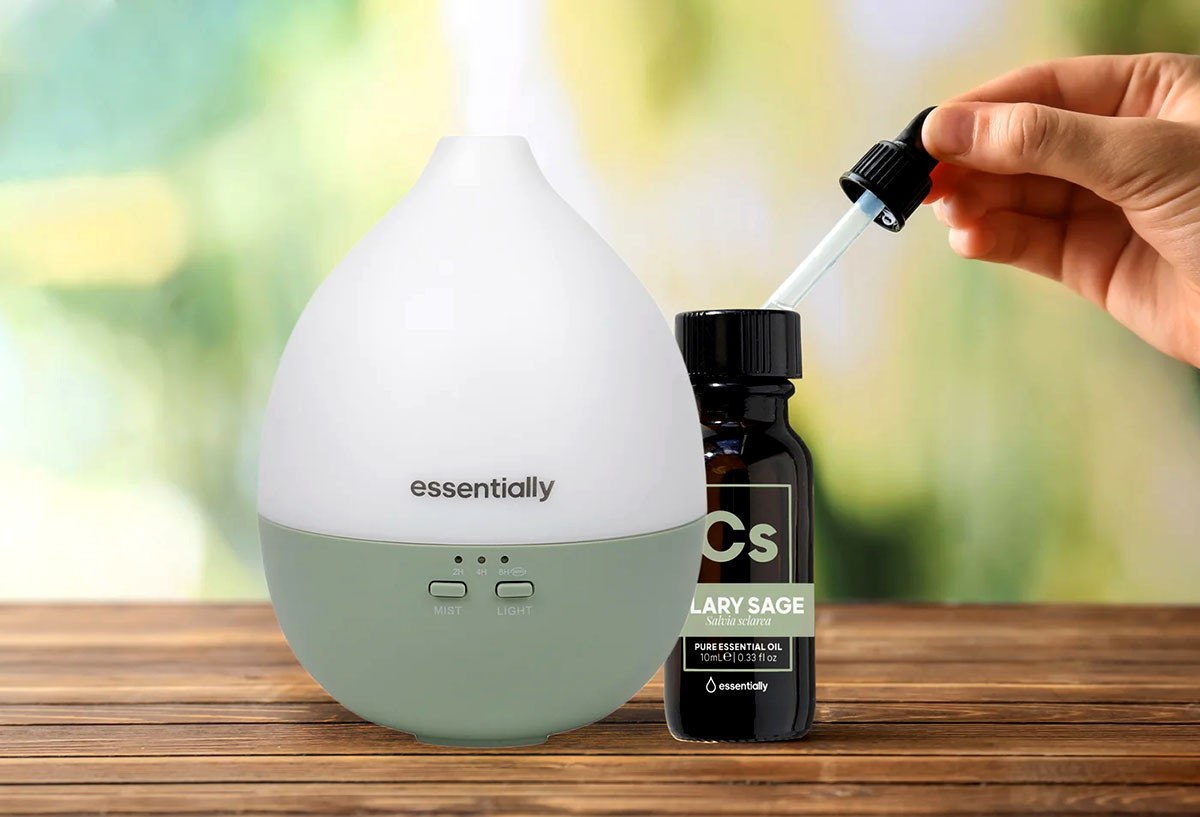


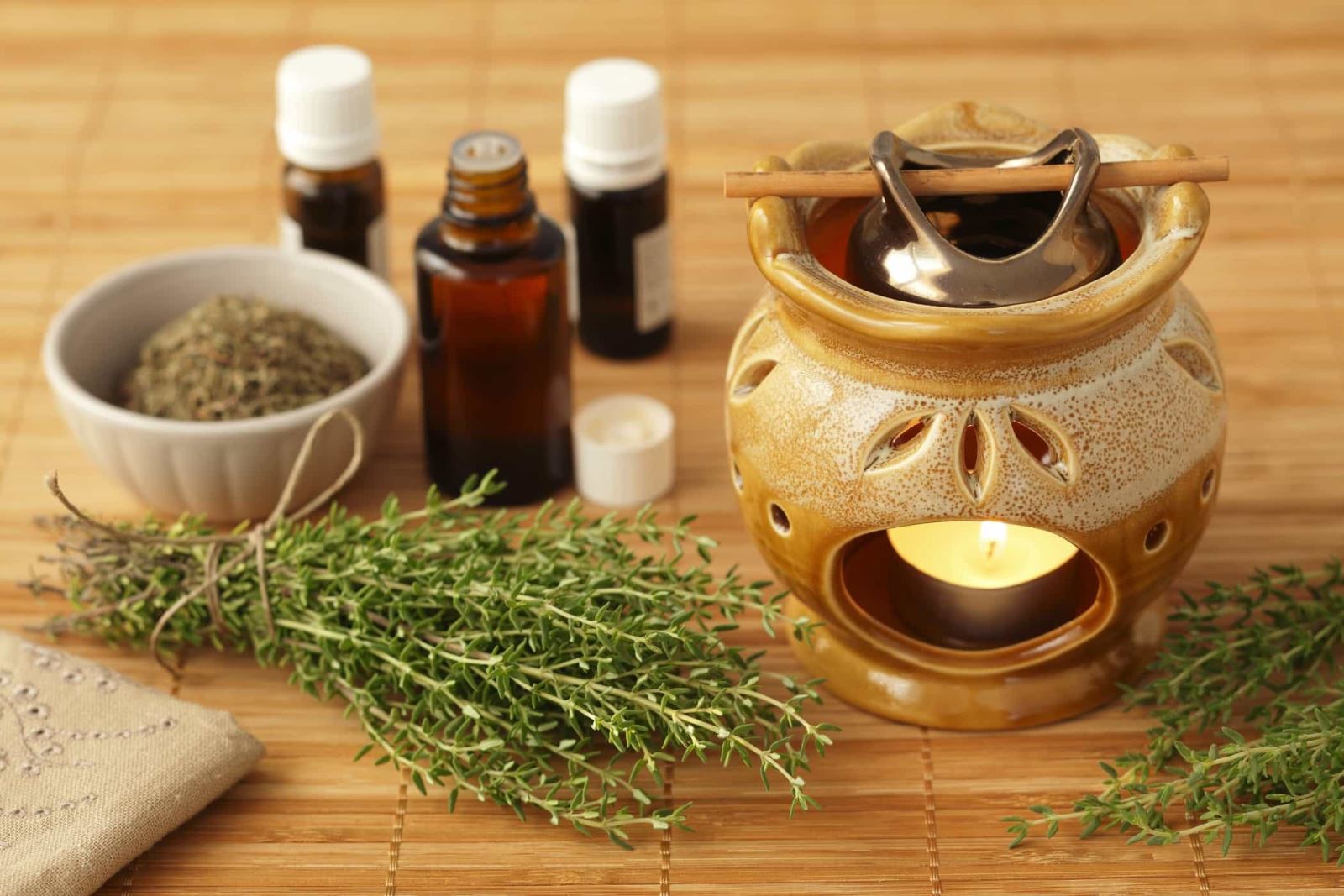
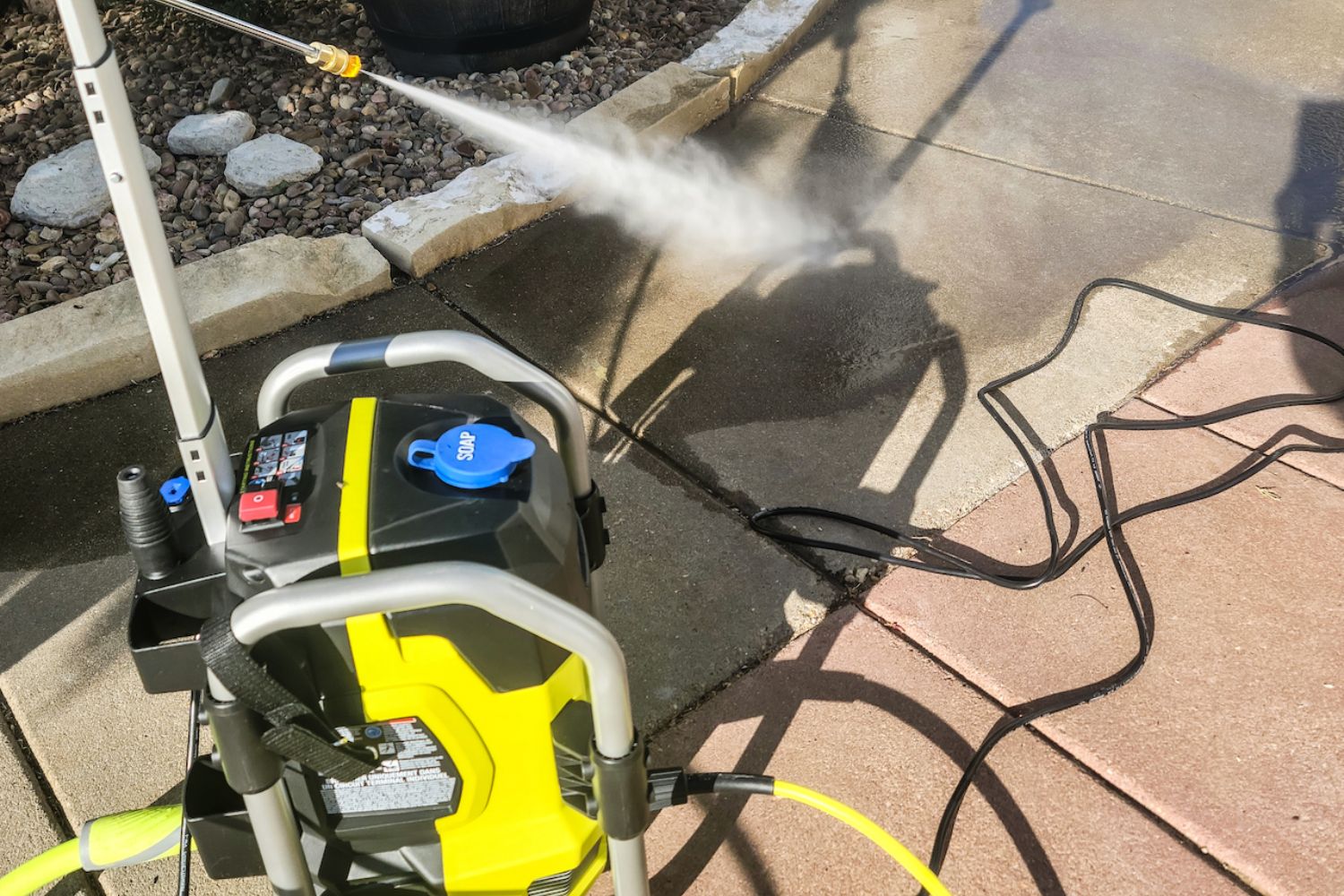

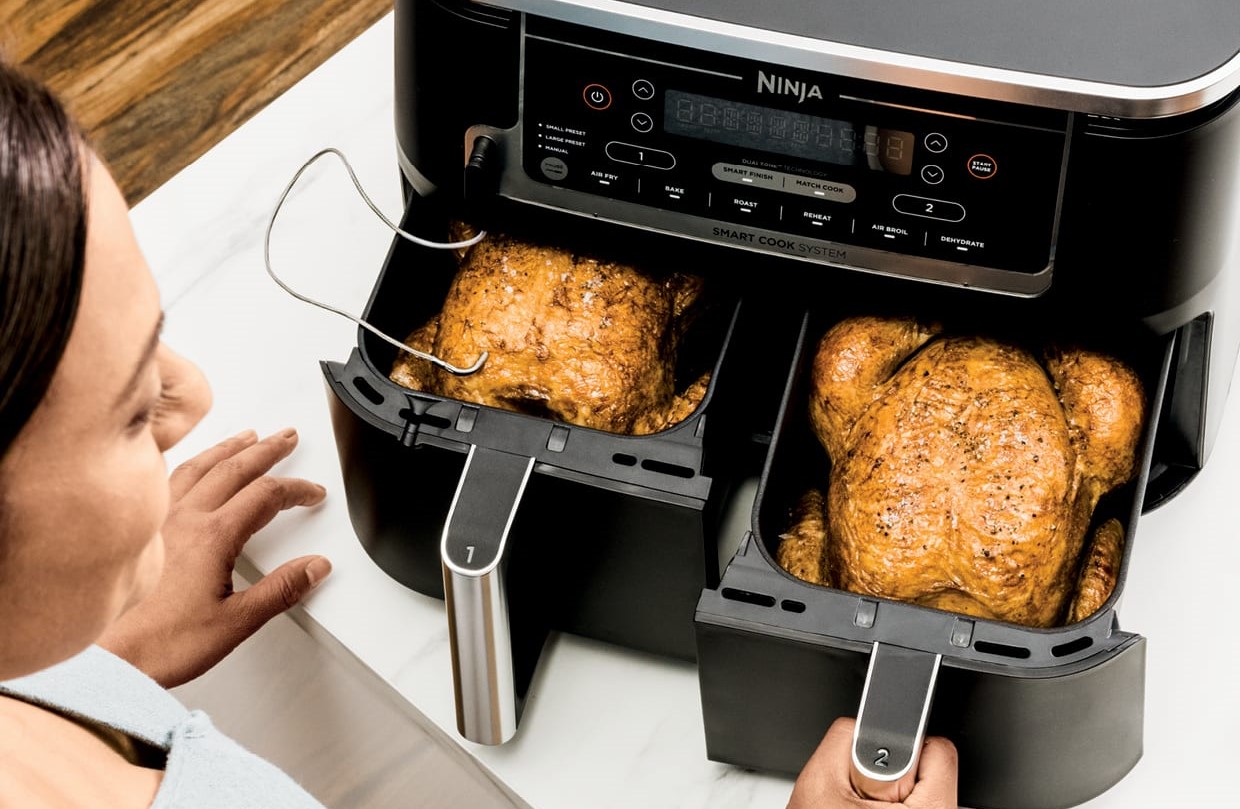
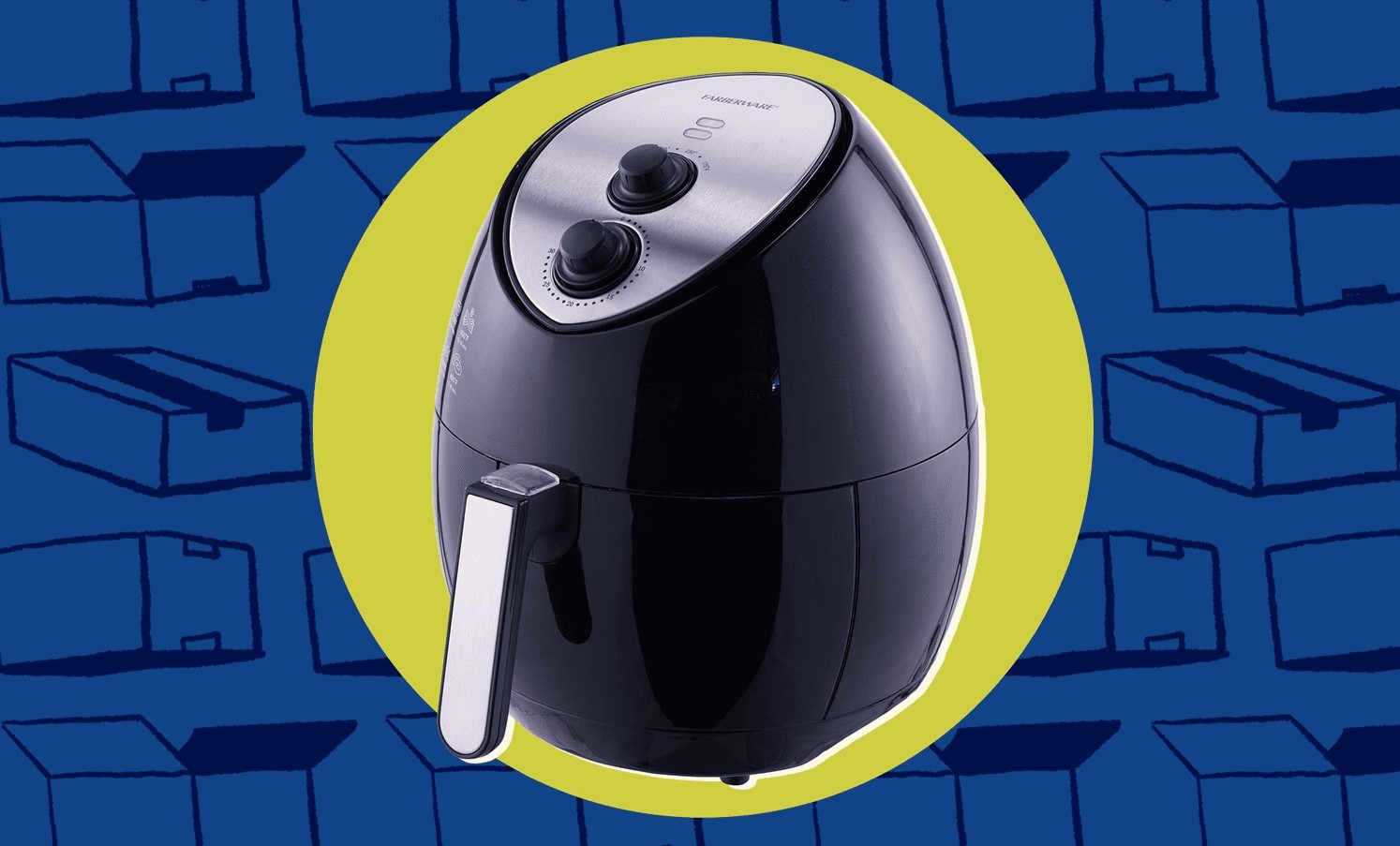
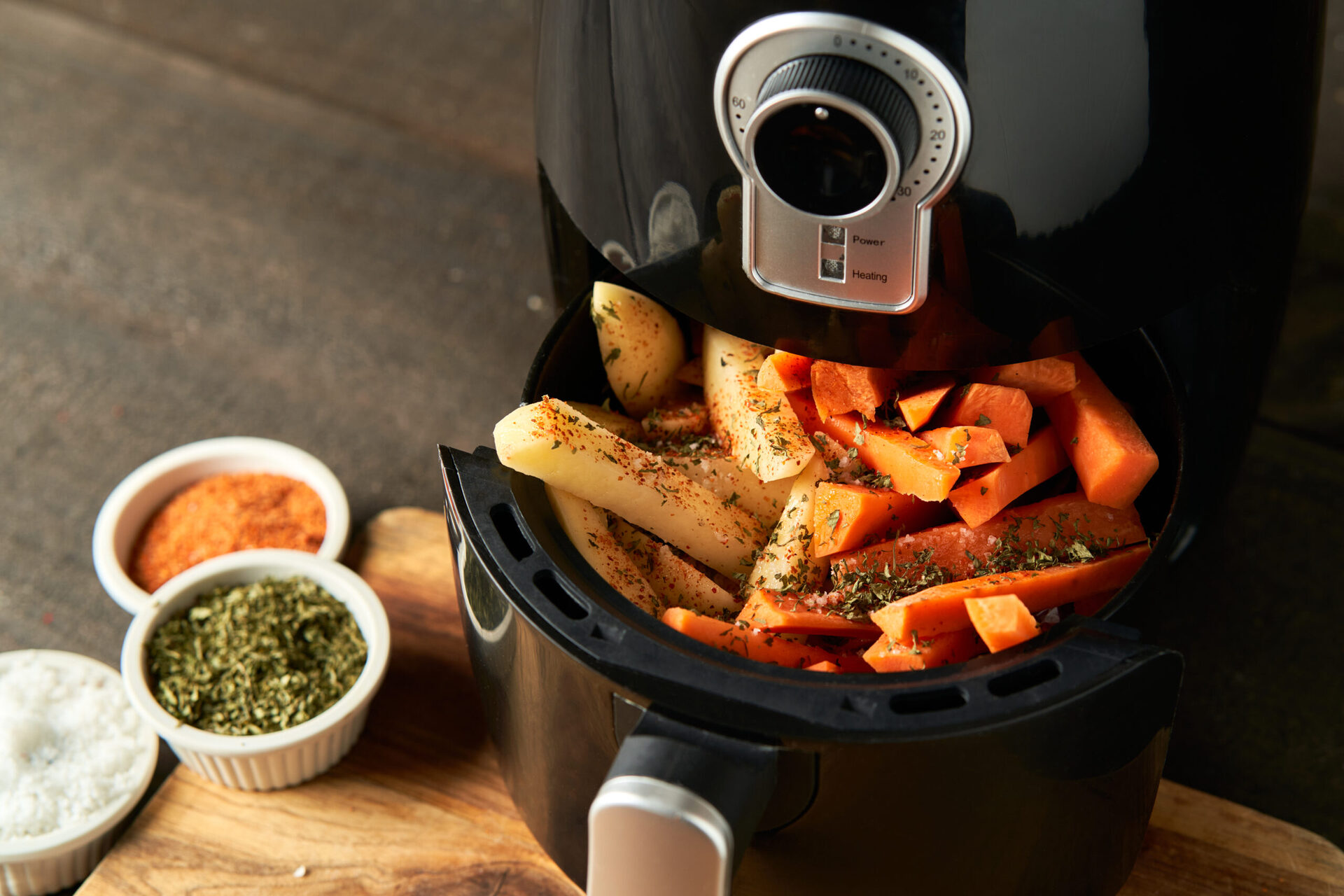
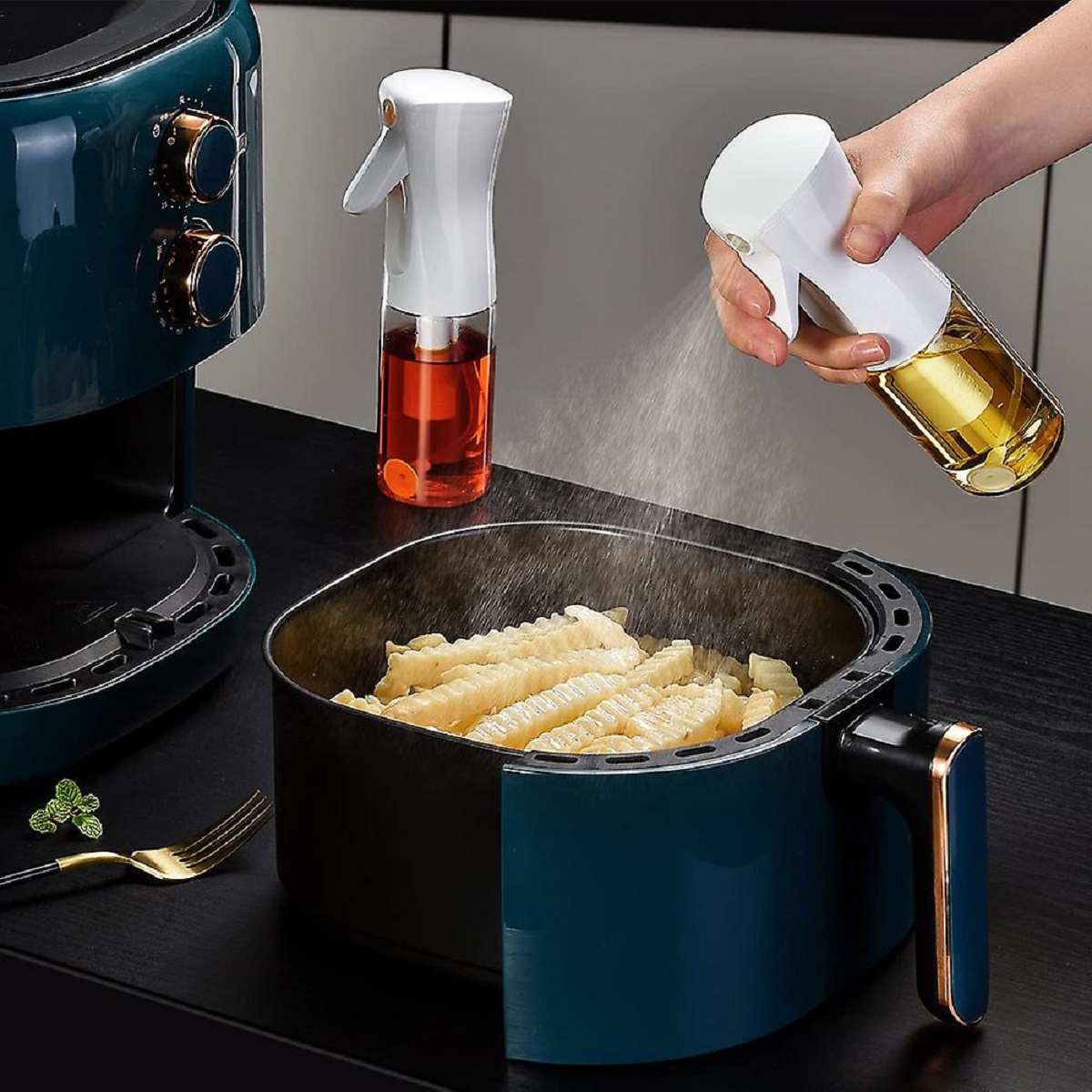

0 thoughts on “What Oil To Use In Air Fryer”